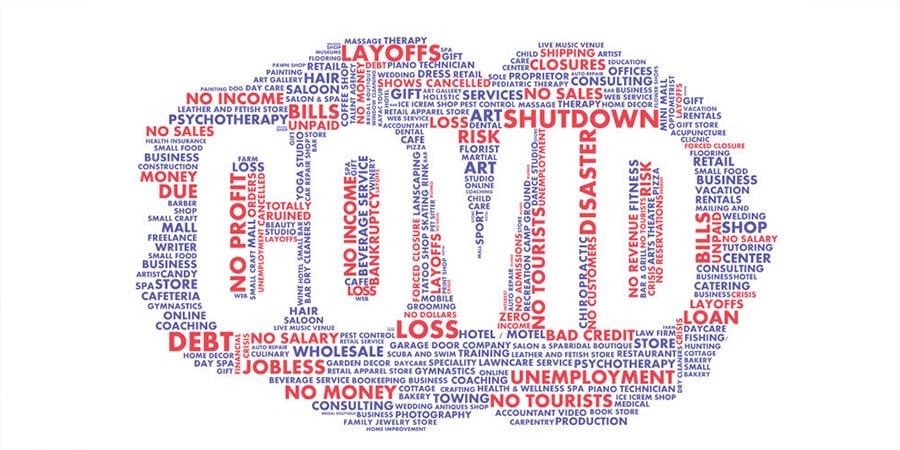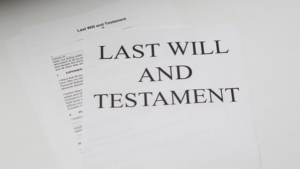Due to the outbreak of the Coronavirus, the Statue of Limitations has changed.
The country has been forced to implement new procedures and measures to try and limit the spread of COVID-19.
As imperative health and safety measures are put into place, the Courts Services have also begun to limit social interaction as much as necessary in order to safeguard the wellbeing of court users. One of the prevailing questions to arise during this unprecedented time is: what effect will the Coronavirus have on the Statute of Limitations?

What is the Statute of Limitations?
The Statute of Limitations Act 1957 is the legislation which governs the time limits that an injured party is entitled to bring a claim forward and issue court proceedings. The time limit is normally two years from the date of the accident, or two years from the date of knowledge of the injury. The date of knowledge is when it is reasonably expected that you would become aware of the injury. Once this limitation period surpasses, a claimant will not be entitled to bring a claim forward. Thus, the date of knowledge is vital in bringing a claim forward to ensure that you are not statute barred.
It is noteworthy to flag that an exception to the two year limitation rule is seen in regard to injured minors. In the eyes of the law, a minor is anybody under the age of 18. The limitation period for injured minors does not begin to run until the minor reaches their 18th birthday. At this point the clock will then begin to run against the injured party.
Once an application is made to the Personal Injuries Assessment Board (PIAB), the limitation period is suspended whilst the application is being assessed, as per Section 50 of the Personal Injuries Assessment Board Act 2003. If in the event the Injuries Board issue ‘Authorisation’ to issue court proceedings, the limitation period will begin to run 6 months after the date of issuing.
What effect is the Coronavirus having on the Statute of Limitations?
As the COVID-19 fears have grown rapidly in the last few weeks, many legal professionals turned their attention towards the approach being adopted by the Courts.
The concerns expressed by many Solicitors and Barristers was in limiting social interaction as much as possible, and that only urgent court proceedings should be heard.
Since then, the Courts Services have stated that all but urgent cases have been adjourned due to the virus, no new High Court cases or trials will begin, and all civil lists in the Circuit Court have been adjourned until 20th April 2020.
Furthermore, the Law Society President, Ms. Michelle O’Boyle, has stated that should the Courts be forced to close due to the virus, the Statue of Limitation period will be put on hold until the time comes that the Courts may re-open.
This is an ongoing, incremental affair that will likely be illuminated in the weeks to come. As it stands, according to the view expressed by the Law Society president, should the courts be forced to close, the limitation period for civil claims would be put on hold.
However, for the moment and as long as the courts service remain open and stamping offices are operational, how are law practitioners who’ve seen their own offices closed or have no access to physical files meant to ensure cases don’t reach ‘SOL’ expiry.




